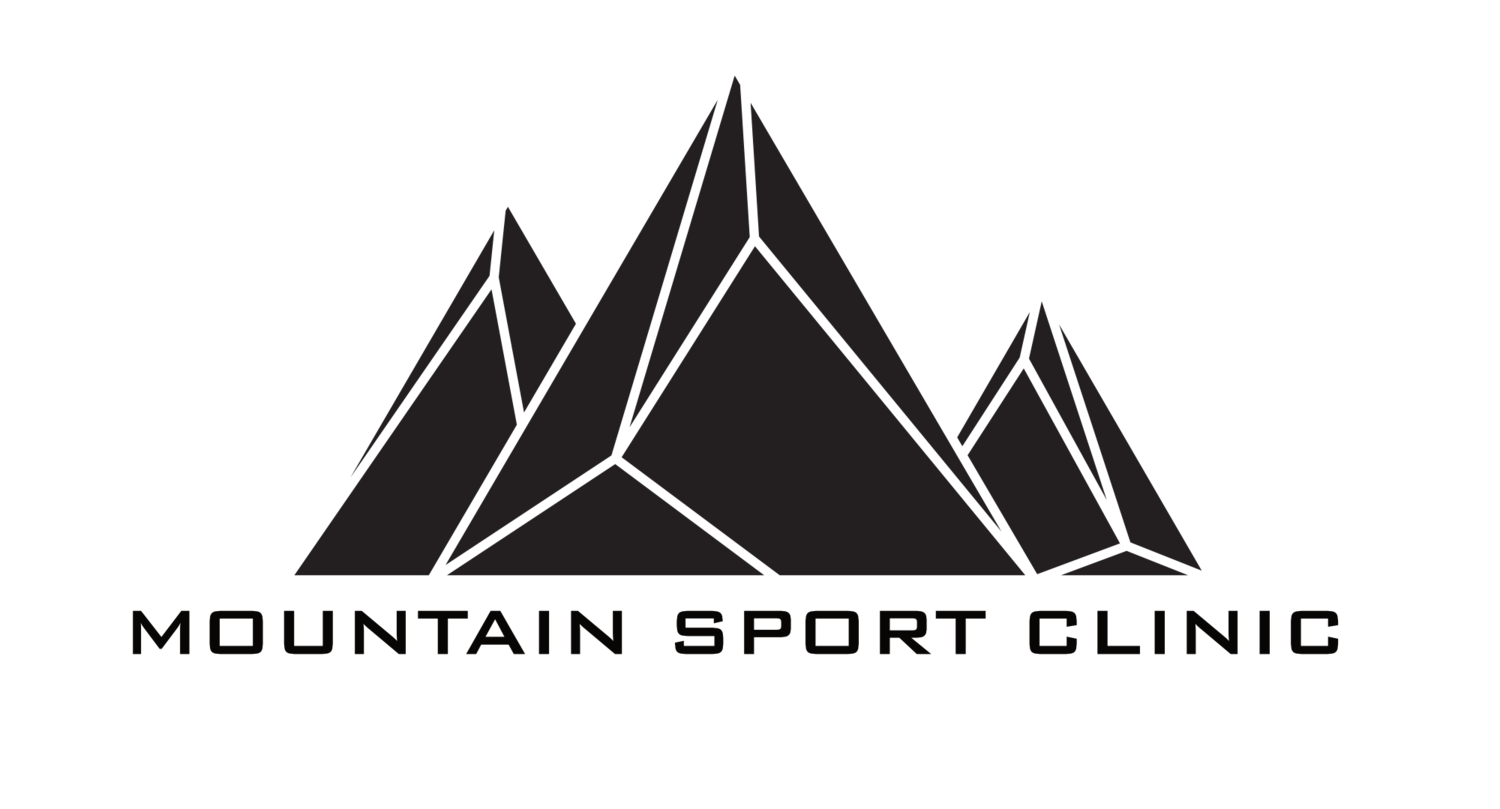Athlete Identity + Injury
At MSC, we would like to broaden the notion of who is an “athlete.” We realize that many of us think that if we are not performing at a top level; are not as engaged with sport as we used to be; or are only just getting into sport, that we do not belong as an “athlete.”
Within injury recovery, this can come with other assumptions. Perhaps we feel it is not necessary, or we are not deserving of the same treatment or support as a “real” athlete. Perhaps we have less motivation to put in the time and energy to recover fully.
At MSC, we believe that anyone who is dedicating a portion of their life to movement and activity can consider themselves an athlete; that everyone deserves to recover and train as an athlete regardless of where they are in life or their ability in the sport!
At the same time, it is important to stay conscious of cultivating the other aspects of our identity as we train or recover. An athlete identity is one to be proud of, but it can also have a habit of taking over. Oftentimes, if we are very dedicated to our sport, we risk neglecting other things we value. Injury can often force us to reckon with this topic as we intensely feel the loss of being able to do our sport or exercise like we usually do.
It is possible and important to cultivate the multiple aspects of ourselves – athlete, mother, father, artist, friend etc. It takes time and intention to do this. Recovering from injury is often a forced time of self-reflection, however, these are valuable things to think about throughout our lives. Here is an exercise that can be useful for you to explore this a little further in yourself, and to start to cultivate balance between the many aspects of you!
Exercise:
Identify and write down the top 5 priorities in your life. You can take some time with this to really think what your priorities are, not what you think they should be or what other people expect.
Sport may well be in there, but so may relationships, family, art, music, games etc. What are the other things that make you, you?!
Now that you have them written down, see which of these you may be able to cultivate during your injury. Schedule deliberate time for these activities. Also, start small, you don’t have to do anything perfectly right away, try to keep the inner critic at bay!
Plan time to relax or have fun - schedule this time in! In the same way as you might usually schedule a workout. Get to know parts of yourself that may have fallen by the wayside in pursuit of your sport, training, and/or competition.

